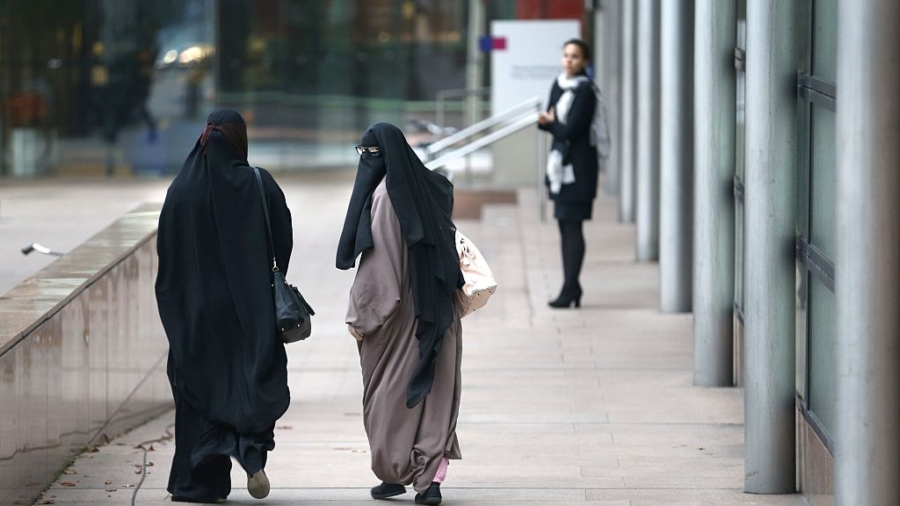The Dutch government has decided to ban full face veils, including the Islamic burqa and niqab, from being worn in some public places.
On Nov. 29 the parliament passed a law banning headwear that covers the face in situations where identification is considered essential. This includes government buildings, mass transit, schools, and hospitals.
Geert Wilders, leader of the opposition Freedom Party, applauded the legislation, but says the burqa should be banned completely.
“It’s a very good day for Holland today, but it’s not enough, we will work upon a general burqa ban in Holland to come in the next few years,” Wilders said.
While many Muslim women generally cover their hair and neck for modesty, few wear the face-obscuring veils. Terrorist organizations such as ISIS and the Taliban have required women in their territory to wear burqas and similar religious wear, making it a notorious symbol of oppression.
Opponents of facial veils in Europe cite security risks and cultural incompatibility. Other say the garment should be protected under the principle of religious freedom.
“We think you should make your face visible, because it is important for communication and security, but for the rest anyone can wear what they want,” Labour party member, Ahmed Marcouch, told Reuters after the vote on Nov. 30.
Restrictions on the burqa exist in several European countries. France and Belgium ban them completely. Violators of the pending Dutch law would have to pay a 405 Euro fine.
(NTD Television)
Featured image: Women wearing burqas walk past the Palace of Justice in The Hague on December 1, 2014. Credit: Jerry lampen/AFP/Getty Images

